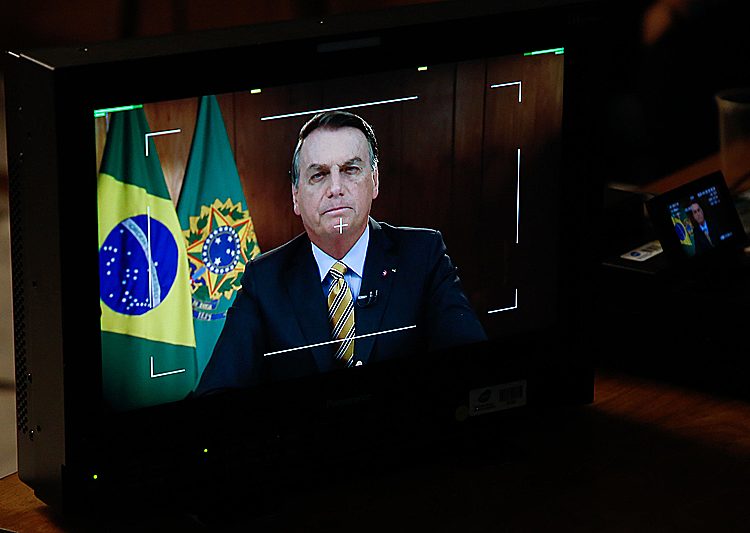The Jair Bolsonaro government refused to purchase Pfizer's vaccine last year at half the price paid by the United States, the United Kingdom and the European Union. Considered expensive in August 2020 by then Health Minister Eduardo Pazuello, up to 70 million Pfizer doses could have been delivered as of December for $10 each.
The information comes from the Folha de S.Paulo newspaper, published last Sunday, June 6th. Early vaccination would have avoided deaths and the billion-dollar losses caused by the economic shutdown.
The amount is equivalent to 10% of the emergency pandemic assistance paid in 2020 and is less than the R$ 44 billion expected to be used as compensation for economic losses.
The US and UK have already immunized about 40% of their populations with two doses of the various vaccines available, and their economies are operating almost at full speed again. Both paid around US$ 20 for Pfizer's inoculation, double the amount Brazil refused to dish out in 2020. In the European Union, vaccinese from the North American laboratory cost US$ 18.60.
In Brazil, with the delay in contracts, the first Pfizer shots only arrived in April. Eight months elapsed between the first offer and delivery.
Senator Randolfe Rodrigues, vice president of the Covid-19 parliamentary commission, counted 53 emails sent by Pfizer to the government since last August, demanding a response about their offer of 70 million doses.
Former health minister Pazuello, described Pfizer's proposal as “aggressive” before the commission, pointed to obstacles in the contract's clauses, and said that he considered the price of US$ 10 per dose to be too high — an amount accepted months later, still under Eduardo Pazuello's administration.
Before the arrival of Pfizer’s doses, immunization took place with Butantan and AstraZeneca vaccines, but in low amounts. Brazilian implementation of two dose vaccines is limited to 11% of the population.
Inequality
In the economy this mainly affects the service sector, which accounts for 70% of GDP and jobs. Services are mainly provided by the poorest and least educated, who depend on working outside the home for income.
Without a vaccine, job occupancy for these workers dropped by up to 20% during the pandemic, increasing inequality and extreme poverty to levels witnessed 15 years ago. The collapse in services led unemployment to a record 14.7%, with 14.8 million people unemployed.
The Ministry of Health says it has earmarked R$ 30 billion for purchasing more than 660 million doses of Covid-19 vaccines — taking into account units it has not actually ordered. Therefore, in dollars the country is setting aside about $9 on average per dose.




